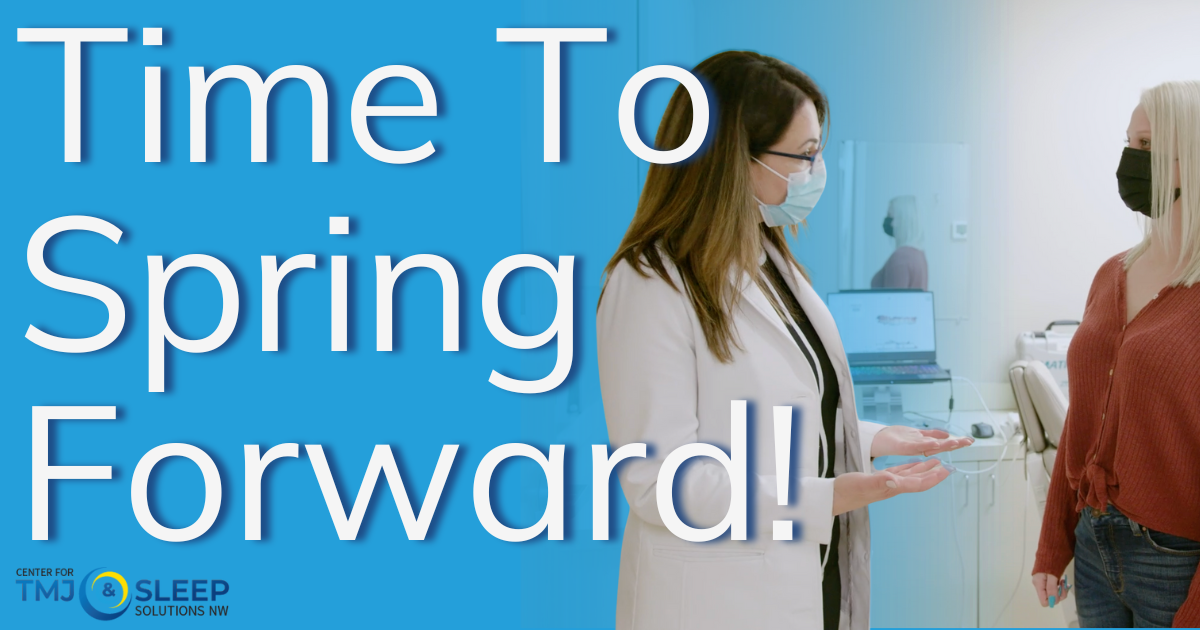
How To Spring Forward Without Losing Sleep
Daylight saving time begins soon, and while many people feel groggy for a few days, the time change can be even harder on those with sleep apnea. Losing an hour may not seem like much, but even small disruptions to your sleep cycle can make symptoms worse—leading to restless nights, increased fatigue, and trouble staying alert during the day.
The good news? You can take steps now to make the transition easier and keep your sleep on track. Keep reading for simple strategies to adjust before the clock changes.
Why Daylight Saving Time Can Disrupt Sleep Apnea
Your body follows a natural rhythm, called the circadian rhythm, that regulates sleep. When the clocks spring forward, your body needs time to adjust—especially if you already struggle with fragmented sleep due to sleep apnea. This shift can make it harder to fall asleep at your usual time, leading to increased daytime sleepiness and making it even more difficult to feel rested.
How to Prepare for the Time Change
The key to minimizing the impact of daylight saving time is to prepare in advance. By gradually adjusting your routine and reinforcing healthy sleep habits, you can help your body adapt more smoothly—reducing the risk of restless nights and lingering fatigue. Here’s how to get ahead of the time change and maintain a consistent sleep routine:
- Start Adjusting Your Sleep Schedule Now: Go to bed and wake up 15-30 minutes earlier each night the week leading up to daylight saving time. This gradual shift can help your body ease into the change.
- Get Morning Sunlight: Natural light in the morning helps reset your body’s internal clock, making it easier to adjust when the time change happens.
- Be Mindful of Evening Screen Time: The blue light from screens can interfere with melatonin production, making it harder to fall asleep. Try to avoid phones, tablets, and TVs at least an hour before bed.
- Stick to Your CPAP or Oral Appliance Treatment: If you use a CPAP machine or an oral appliance, staying consistent with treatment is crucial. Maintaining an open airway during sleep helps minimize disruptions, making it easier for your body to adjust.
- Limit Caffeine and Heavy Meals Before Bed: Both can interfere with quality sleep, so try to cut back in the hours leading up to bedtime.
Get Ahead of Sleep Disruptions
Small changes can make a big difference when daylight saving time begins. If you’re concerned about how the time change may affect your sleep apnea, we’re here to help.
If you have questions or need to schedule an appointment, please contact one of our offices in Silverdale, Federal Way, or Bellevue, WA.










